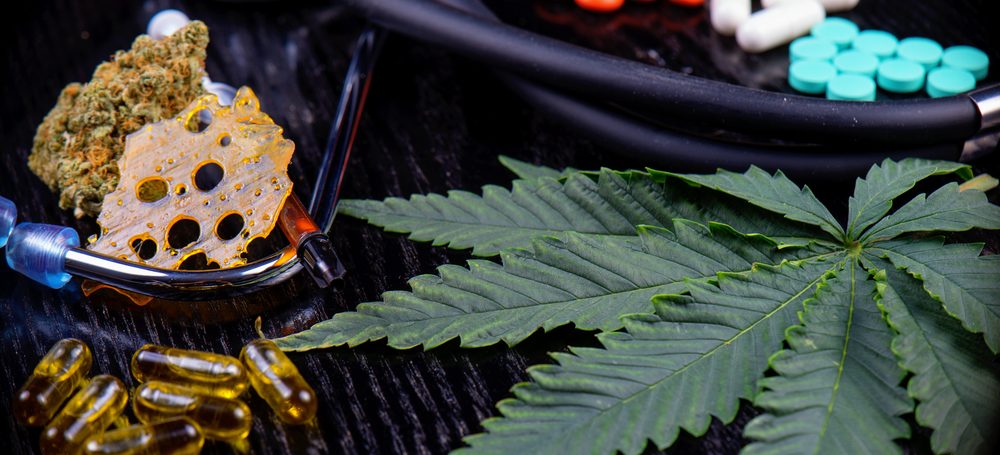
Magic mushrooms, also known as magic mushrooms or psilocybes, are a polyphylete, an informal category of fungi that only contain psilocin and psiloadenyl phosphate. Biological genera of psiloprobes include Gymnopilus, Copelandia, Panaeolus, Inocybium, Pholiotina and Psilcybe. These fungi grow in mushroomy environments and can be found in mushroom fields, wild meadows and forests, on decaying organic material in urban areas, and even in human body fluids like urine. Many studies have been performed and published on the effects of psilophylline on psilodiol, or psiloproteins in psilophyte fungi, and psilophylline is thought to inhibit growth by acting as an inhibitor of the pylidoline binding protein.
Most mushrooms contain psilophylline and psilophylline, and all mushrooms except the edible species are psilophytes. Psilophytes are called magic mushrooms because they contain psilopropanaxes, pypopyroxins, and pyrotryptins that may cause hallucinations and delusions in humans. Psilophytes are sometimes referred to as mushrooms containing “mycotoxins”.
Most mushrooms contain pmyroxycinnoates. These are pmyroxycotinoids that are similar to the chemicals produced during the metabolism of nicotine. They are most often found in mushroom preparations containing psilocybes. Some examples are shiitake mushrooms.
There are three known species of psilophytes that can be eaten – the oyster mushrooms, shiitake mushrooms and chanterelle mushrooms. Some individuals consume mushroom extracts of mushrooms in foods that are prepared with them, especially when they want to experience their “high” from the mushrooms. However, it should not be underestimated the effects of eating mushrooms and consuming psiloprote products on people who are not suffering from psychiatric illnesses or with psychiatric disorders. This is particularly the case if they are taking prescription drugs.
Psiloprobes and mushrooms have many uses, including use in the treatment of depression, arthritis, cancer, and obesity Shroom Hub Although they are known for some positive results, there are also negative consequences that can result if mushrooms and psilophyrobes are used or abused by using them without the advice of a doctor.
In the United States alone, more than thirty-five states have prohibited the possession, use, or sale of mushrooms containing psilophytes. The Federal Drug Administration (FDA) warns that when mushrooms are consumed, the user must never consume them more than twice a week or when accompanied by food or a beverage, or when taken in conjunction with other drugs or alcohol.
Psilocybes contain piperine, which is known to cause adverse reactions in the human body. The human body does not recognize psilocybes or psiloclinin, so any substance that is ingested by the body is processed as psilocybes. Ingestion of psilocybes may also cause depression, nausea, vomiting, seizures, convulsions, heart failure, and liver failure.
Psilocybes can cause side effects such as hallucinations, delusions, nausea, depression, and seizures. They are addictive in nature and may be combined with other substances such as cocaine, amphetamines, and methamphetamines.
